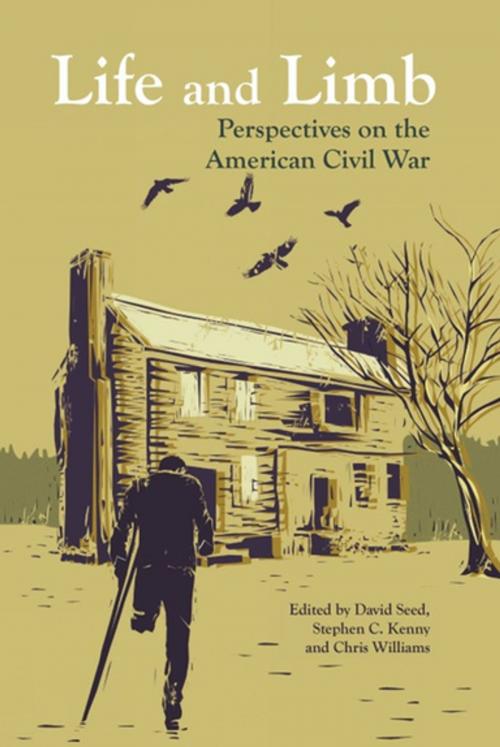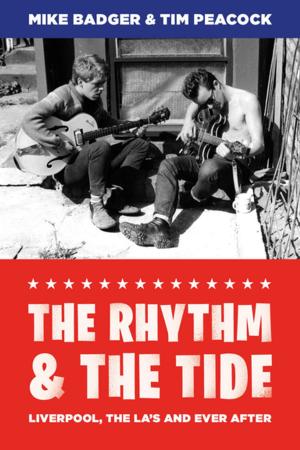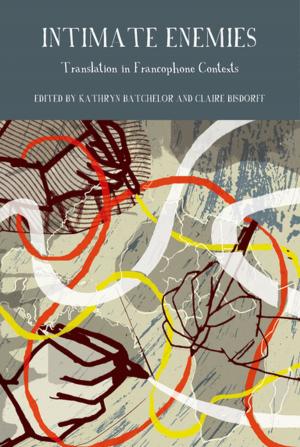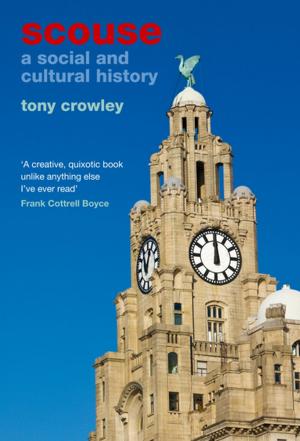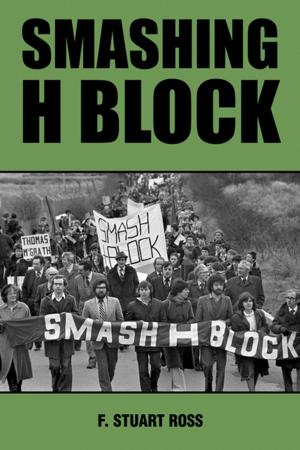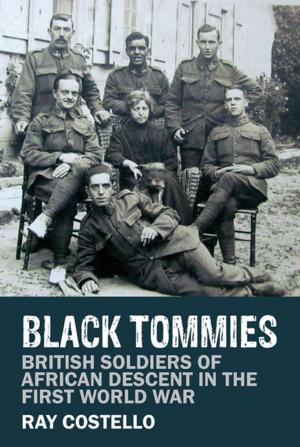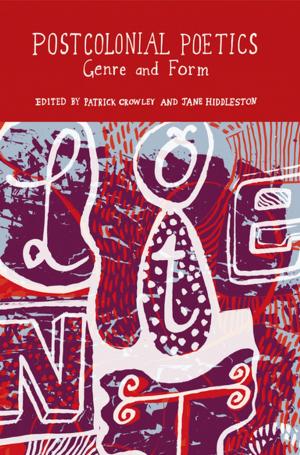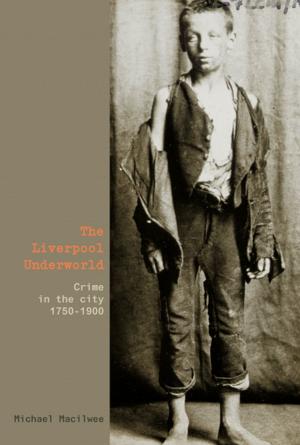Life and Limb
Perspectives on the American Civil War
Nonfiction, Health & Well Being, Medical, Reference, History, Americas, United States, Civil War Period (1850-1877)| Author: | ISBN: | 9781781388600 | |
| Publisher: | Liverpool University Press | Publication: | March 1, 2016 |
| Imprint: | Liverpool University Press | Language: | English |
| Author: | |
| ISBN: | 9781781388600 |
| Publisher: | Liverpool University Press |
| Publication: | March 1, 2016 |
| Imprint: | Liverpool University Press |
| Language: | English |
The contemporary perspectives - fiction, first-hand accounts, reportage and photographs - found in the pages of this collection give a unique insight into the experiences and suffering of those affected by the American Civil War. The essays and recollections detail some of the earliest attempts by medical professionals to understand and help the wounded, and look at how writers and poets were influenced by their own involvement as nurses, combatants and observers. So alongside the medical observations of figures such as Silas Weir Mitchell and William Keen, you'll find memoirs of writers including Louisa May Alcott, Ambrose Bierce and Walt Whitman. By presenting the wide range of frequently traumatic experiences by writers, medical staff, and of course the often ignored common foot soldiers on both sides, this volume will complement the older emphasis on military history and will appeal to readers of the evolution of medicine, of the literature the time, of social anthropology, and of the whole complex issue of how the war was represented and debated from many different perspectives. While a century and a half of developments in medicine, social care and science mean that the level of support and technology available to amputees is now incomparable to that in the mid-nineteenth century, the insights into the lives and thoughts of those devastated by psychological traumas, complex emotions and difficulties in adjusting to life after limb loss remain just as relevant today. Phenomena explored in the book, such as 'Phantom Limb Syndrome', continue to be the subject of medical and academic research in the twenty-first century.
The contemporary perspectives - fiction, first-hand accounts, reportage and photographs - found in the pages of this collection give a unique insight into the experiences and suffering of those affected by the American Civil War. The essays and recollections detail some of the earliest attempts by medical professionals to understand and help the wounded, and look at how writers and poets were influenced by their own involvement as nurses, combatants and observers. So alongside the medical observations of figures such as Silas Weir Mitchell and William Keen, you'll find memoirs of writers including Louisa May Alcott, Ambrose Bierce and Walt Whitman. By presenting the wide range of frequently traumatic experiences by writers, medical staff, and of course the often ignored common foot soldiers on both sides, this volume will complement the older emphasis on military history and will appeal to readers of the evolution of medicine, of the literature the time, of social anthropology, and of the whole complex issue of how the war was represented and debated from many different perspectives. While a century and a half of developments in medicine, social care and science mean that the level of support and technology available to amputees is now incomparable to that in the mid-nineteenth century, the insights into the lives and thoughts of those devastated by psychological traumas, complex emotions and difficulties in adjusting to life after limb loss remain just as relevant today. Phenomena explored in the book, such as 'Phantom Limb Syndrome', continue to be the subject of medical and academic research in the twenty-first century.
